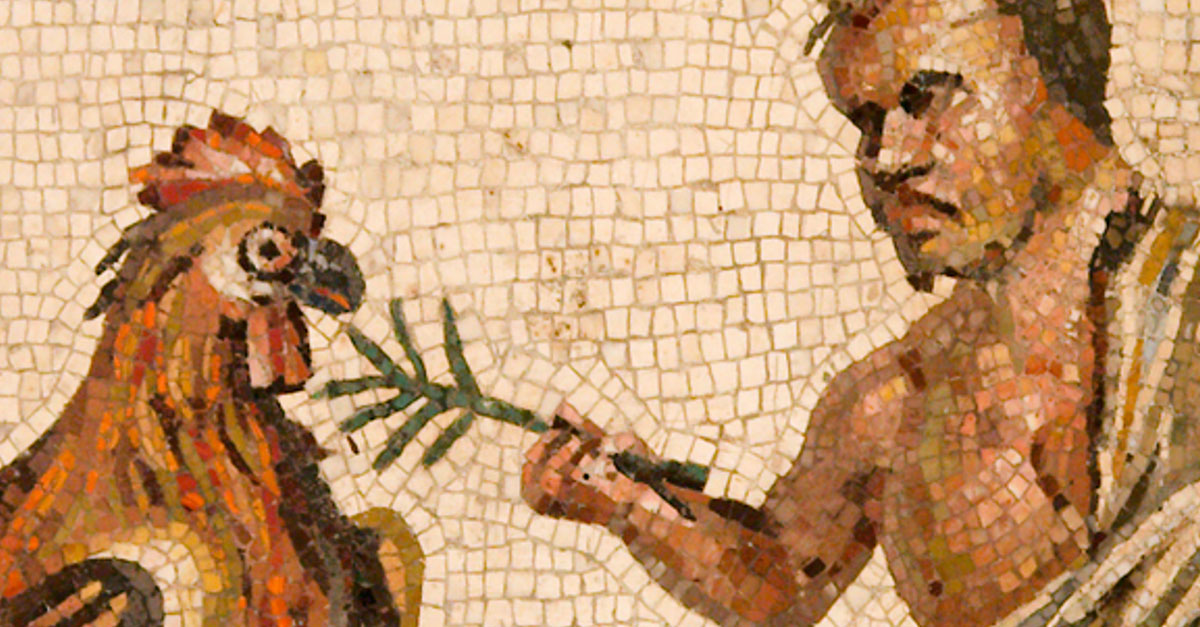Here are eight effective solutions to optimize poultry gut health during transportation:

1. Proper ventilation: One of the crucial factors that contribute to improving poultry transportation is optimal ventilation. Proper ventilation ensures that there is an adequate supply of fresh air and that carbon dioxide and other gases produced by the birds are removed from the vehicle.
2. Temperature control: Maintaining the right temperature during transportation is necessary to prevent stress and the onset of diseases in birds. Therefore, it is essential to have temperature control systems in place, especially during hot and cold weather conditions.
3. Supply of fresh water: Access to fresh, clean water is critical for maintaining bird health during transportation. Birds may become dehydrated during transit, leading to poor gut health, which could increase the risk of disease and mortality.
4. High-quality feed: Providing high-quality feed during transportation helps maintain optimal gut health by ensuring the birds get all the necessary nutrients. This practice also helps prevent birds from losing weight or becoming stressed during transit.
5. Biosecurity measures: Implementing strict biosecurity measures is essential to prevent the spread of diseases during transportation. All vehicles used to transport birds should be thoroughly cleaned and disinfected before and after use.
6. Reduce Stress: Stress can cause significant health problems in birds during transportation. Therefore, it is essential to minimize stress by ensuring that the birds are comfortable and have enough space.
7. Improved Crate Design: The design of poultry crates can have a significant impact on bird welfare and gut health during transportation. Companies are developing innovative solutions, which include ergonomic design that provides ample space for the birds' movements, reducing stress associated with overcrowding.
8. Monitoring technology: The use of monitoring technology is essential for tracking the welfare of the birds during transportation. Technology solutions, such as GPS tracking, temperature sensors, and humidity sensors, can provide real-time data that can help detect any issues with the birds' welfare during transit.
In conclusion, optimizing poultry transportation solutions is necessary to ensure bird welfare and gut health during transit. Companies must prioritize implementing innovative and effective solutions to reduce stress, improve ventilation, maintain optimal temperatures, and provide access to clean water and high-quality feed. Moreover, introducing health monitoring technology and strict biosecurity measures can help prevent the spread of disease during transit. All of these measures combined can reduce bird mortality, prevent diseases, and optimize poultry gut health during transportation, positively impacting overall poultry production performance.